At the beginning of 2017, South Africa’s beleaguered Zulu president Jacob Zuma took a leaf out of Zimbabwean Robert Mugabe’s book by vowing to expropriate white-owned land without compensation. Speaking in parliament on 9 February, Zuma promised a quasi-Marxist revolution in South Africa, referring to the need for “radical economic transformation”.
According to Zuma, whites in South Africa earn five times as much — on average — as blacks, therefore they have to be punished by taking away their assets, especially land belonging to farmers. The policy against farmers also has an ethnic element in that it is directed against Afrikaners, who have historically been the backbone of South African agriculture. This comes hot on the heels of the measures taken last year to ban their language, Afrikaans, from several universities, including the Universities of the Free State at Bloemfontein and the University of Pretoria.
As is the case elsewhere in Africa, South African blacks are rapidly urbanising, preferring the life even in slums to eking out a living on a farm which, given South Africa’s periodic droughts, pests and rampant stock theft from black thieves, has always been an uphill struggle. So the irony was not lost on Afrikaners when Zuma lamented the black thirst for cash rather than land in the same speech, stating:
“Most importantly, we appeal to land claimants to accept land instead of financial compensation — over 90% of claims are currently settled through financial compensation which does not help the process at all.”
In his response, the CEO of the liberal think thank known as the South African Institute of Race Relations, Frans Cronjé, said that agricultural organisations had made three cardinal errors in their approach to Zuma’s government. The first was to enter into negotiations with the ANC-Communist Party government “within a framework created by (their) opponent; the second was to imagine that Zuma’s regime cared about the country’s food security; and the third was to presuppose that the ANC would first have to change the constitution in order to confiscate land or that they could rely on the courts to uphold private-ownership principles.
Cronjé rightly points out that not only has the South African government already introduced a vagueness around land ownership by claiming that the state acts as “curator” of all land, but the racially “transformed” courts have already disregarded both the common law and the written constitution in handing down activist judgements against current landowners.
Sir Laurens van der Post, the famous Afrikaner author, but who wrote mostly in English, stated in his book Venture into the Interior, that “we hear a great deal about the devastating effect that the European has on the native in Africa, but no one has ever stopped to inquire into the effect of the native on the European: the interplay of forces set in motion by that vast concourse of black, primitive people living so intimately with a small handful of white people”.
Since African countries became independent around 1960, they have not hesitated to impose wholesale discrimination on their minority European populations, often accompanied by intimidation and intense violence. Kenya, Angola, Mozambique, the ex-Belgian Congo and Zimbabwe come to mind, but there are others too. South Africa is but the latest example where Europeans suffer unequal and discriminatory treatment from an Africanist regime defined by its racial nationalism and anachronistic socialism.
In Kenya, 32 European civilians were killed during the uprising of the Mau Mau who did not hesitate to commit atrocities against Europeans, Asians or blacks suspected of sympathising with the British system. When the country became independent, 30 000 whites fled back to Britain. Of the 6 000 white-owned farms, only 100 remain. According to current news reports, these are subject to theft, vandalism and random attacks, similar to what is happening in South Africa.
I personally spoke to a Belgian ship’s captain who, while leaving the Congo via the river by the same name in the early 1960s, was told to go back to rescue European civilians who were being massacred, raped or held hostage by Congolese. Some of the Belgian nuns came running naked to the ship after having been raped by Africans so that sailors and officers had to offer them their male attire for the journey back to Europe.
During the chaotic revolutions in the Portuguese colonies of Mozambique and Angola, whites lost their homes, farms and businesses, escaping only with the clothes on their backs. They have never been compensated for these losses.
The controversial “land reform” of ageing Zimbabwean dictator Robert Mugabe led to the violent expulsion of white landowners by so-called “war veterans” in the early 2000s, as well as famine and hyperinflation that destroyed a significant portion of the country’s GDP. However, instead of imposing economic sanctions on the country, the EU and various Western NGOs have rewarded Zimbabwe with more aid. There is now talk that Zimbabwe could soon resume borrowing from the IMF and the World Bank.
In contrast to the hostility that many African governments display towards Europeans — who have nonetheless not ceased to shower the continent with aid money — European governments have been falling over themselves to welcome both North and sub-Saharan Africans in their midst as immigrants and refugees. It would be unthinkable for a European government to confiscate property from an African purely on the grounds of his race or descent.
Afrikaners are of Dutch, German and French descent. But they have been in South Africa for almost 400 years, as long as Americans in the USA and longer than Australians in Australia. Yet Jacob Zuma, a tribal Zulu from a tiny impoverished homeland on the east coast of South Africa, regards them as foreigners and has let loose his ethnic hatred against them. As ever, European governments are completely silent when the rights of Europeans or people of European descent are trampled upon.
This has to change. We Europeans need to assert our equality with others, wherever we are. We need to put an end to the double standards. The worrying thing is that once European countries have been flooded with non-European majorities, they will become subject to the same autocratic whims, violence and discrimination meted out to whites in post-independence Africa.


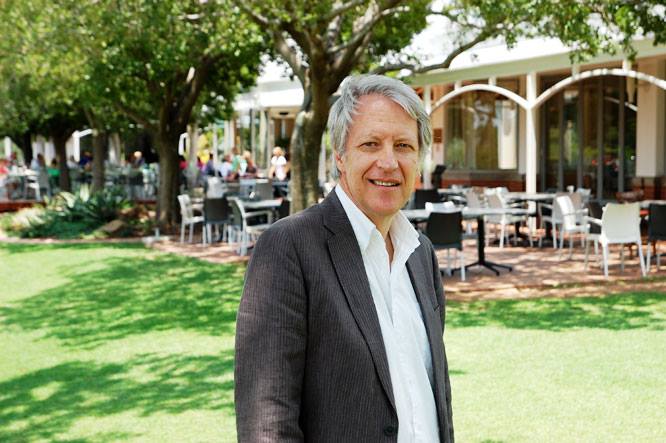

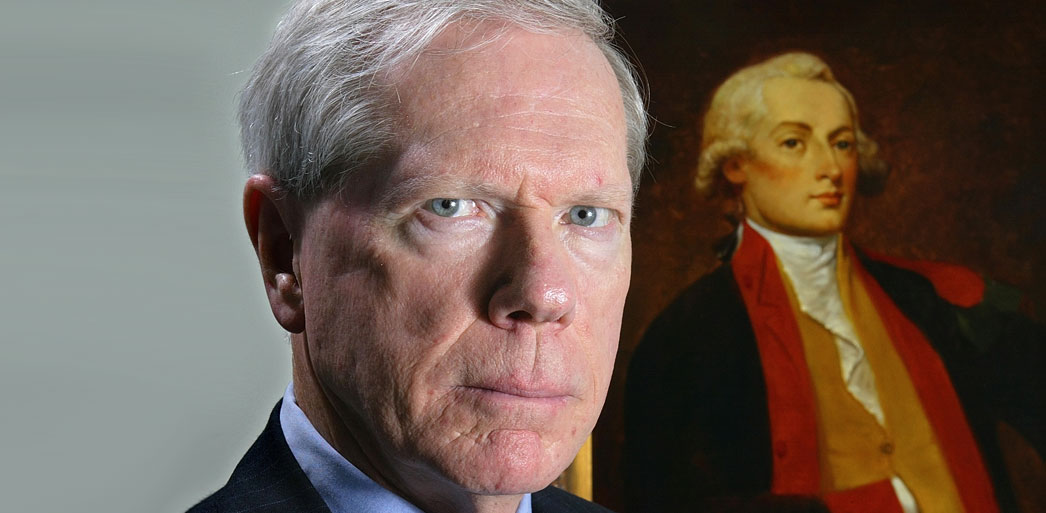
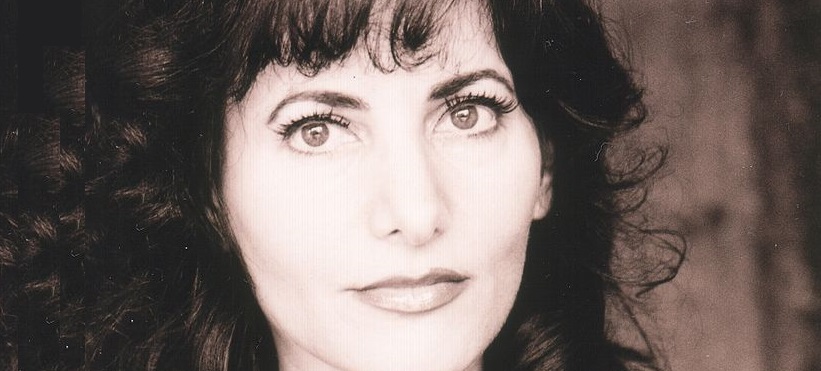
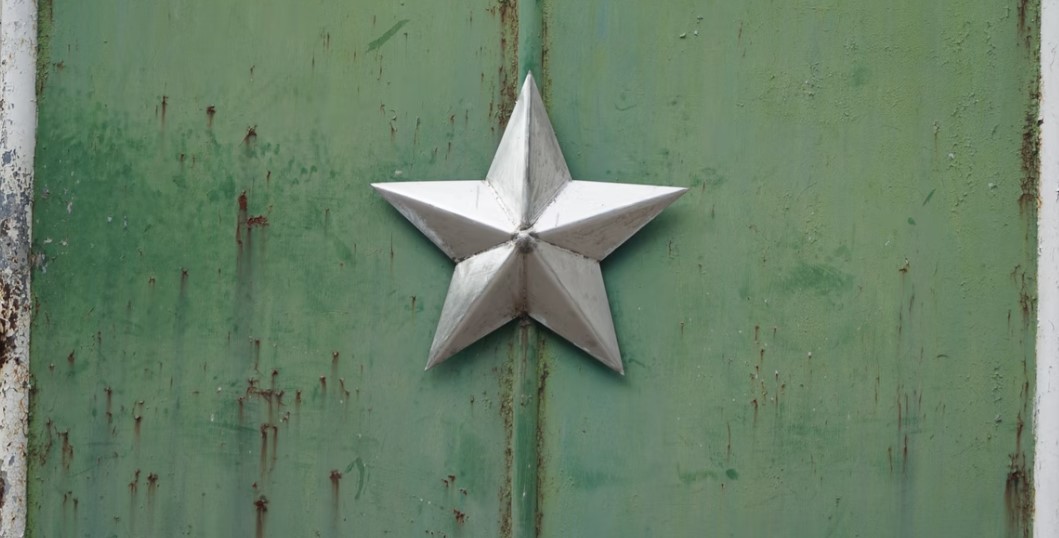
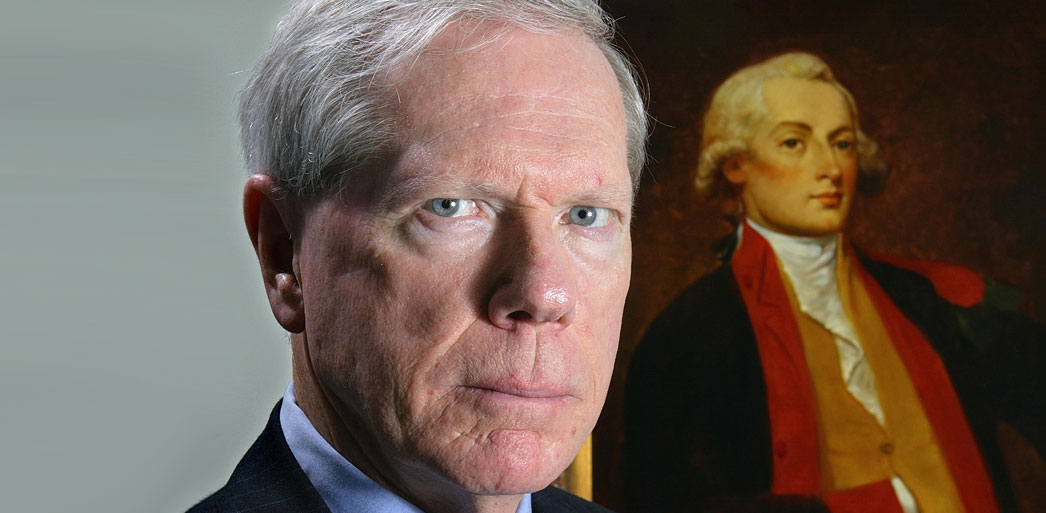

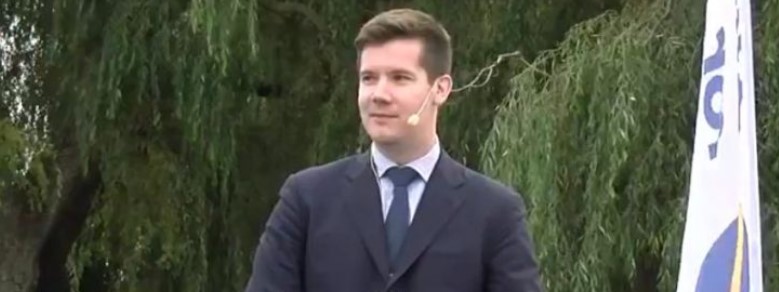
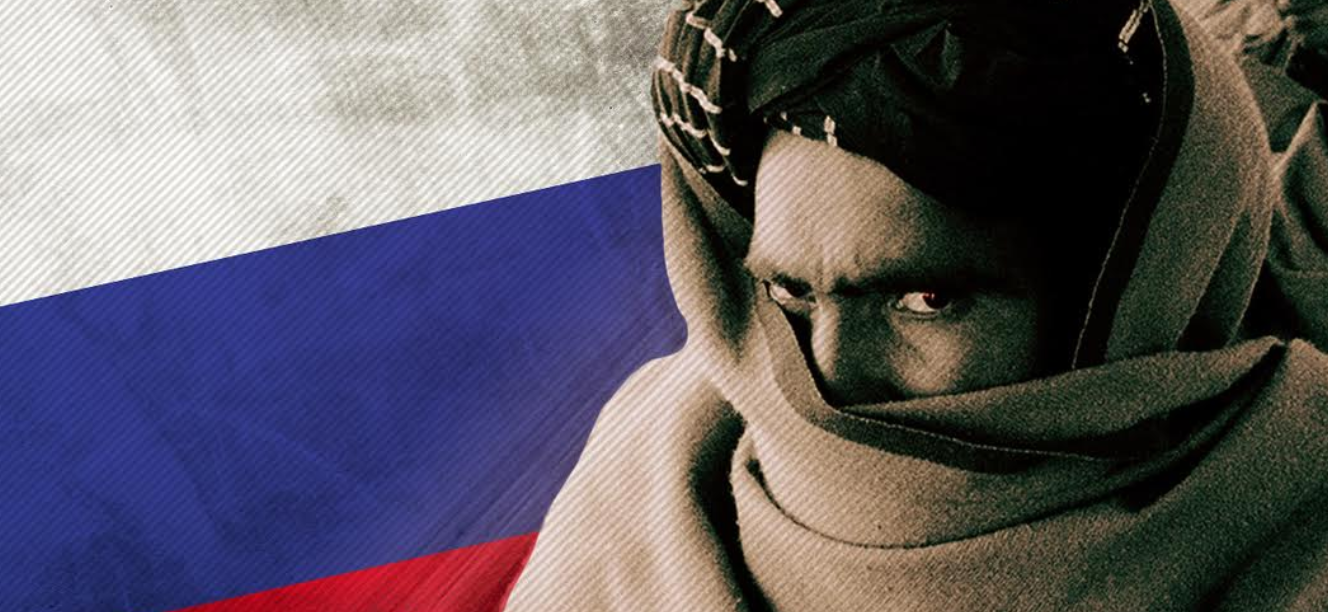


No comments.
By submitting a comment you grant Free West Media a perpetual license to reproduce your words and name/web site in attribution. Inappropriate and irrelevant comments will be removed at an admin’s discretion. Your email is used for verification purposes only, it will never be shared.